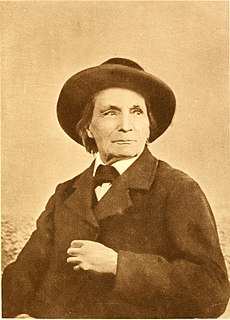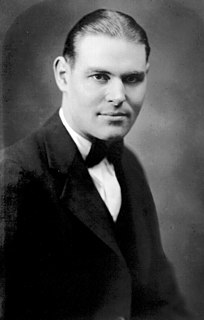A Quote by Douglas Hurd
We must admit that history is enjoyable to a large extent because it enables us to pass judgement on the past.
Related Quotes
In the case of Donald Trump I think you've got to accept that a lot of what's going on in political discourse is based upon judgement. How the economy works - how people work - what will come to pass - what will not come to pass - what is possible - what is not possible. There is this whole modal dimension. There's a lot in politics that is making a judgement about what might be and can be and would be. Trump frightens a lot of people but there is a bizarre possible world in which it turns out as he's vindicated, though most of us think the evidence is against it.
A distinction must be made between that writing which enables us to hold on to life even as we are clinging to old hurts and wounds and that writing which offers to us a space where we are able to confront reality in such a way that we live more fully. Such writing is not an anchor that we mistakenly cling to so as not to drown. It is writing that truly rescues, that enables us to reach the shore, to recover.
Love is within us. It cannot be destroyed. It can be ignored. To the extent that we abandon love we will feel it has abandoned us.
Denying love is our only problem, and embracing it is the only answer.
Through the power of love, we can let go of past history and begin again.
Love heals, forgives, and makes whole.

































